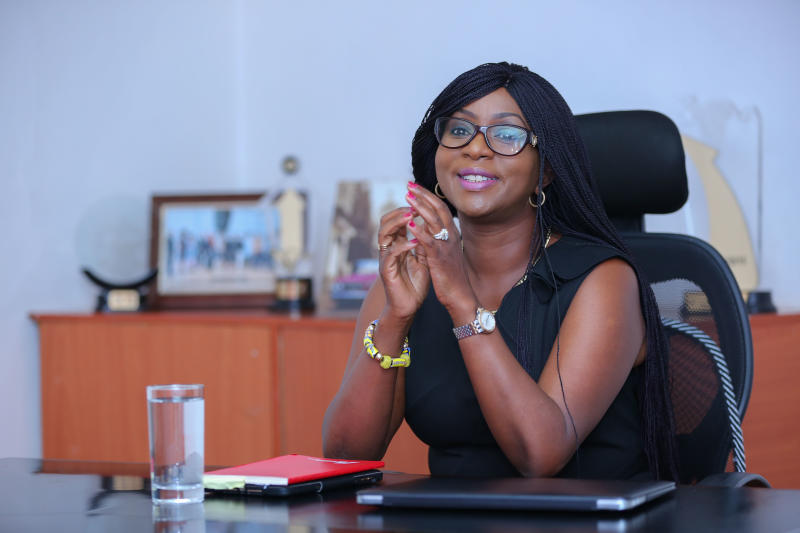×
The Standard e-Paper
Kenya’s Boldest Voice

Joanne Mwangi is the CEO of Professional Marketing Services (PMS) Group Africa Ltd. She is also one of the Lions in the business reality TV show, KCB Lions’ Den, which airs on Tuesdays on KTN.
The ‘Queen of the Pride’ spoke to Hustle and delved into a subject she’s passionate about: Personal branding.







